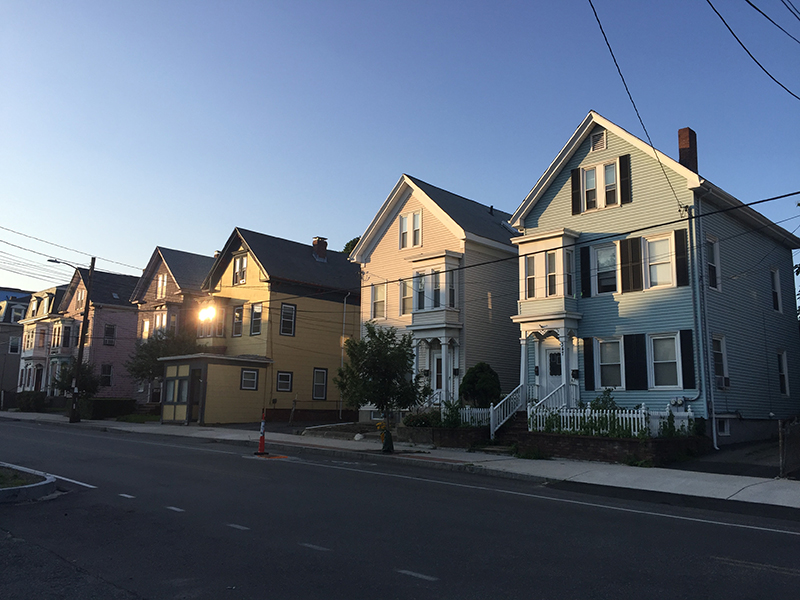
Lawmakers in Illinois are pushing to repeal the state’s decades-old ban on rent control. HB 2192, sponsored by State Rep. Will Guzzardi (D-39), would replace the ban with six regional rent control agencies.
At a roundtable discussion last week, Dr. Michael S. Miller, an economics professor at DePaul University, stated that “rent control is unwise, inefficient and ultimately leads to negative unexpected consequences.”
Harvey Mayor Eric J. Kellogg, also at the roundtable, added that for communities looking to rebound economically, rent control can stifle community improvement.
“As part of a caucus of African-American mayors in the Southland, the majority of us oppose the concept of rent control because it would slow—or even stop—the economic rebound we see as a potential,” Kellogg said.
A 2018 working paper from the National Bureau for Economic Research found that rent control in fact limits access to affordable rental housing.
Chicago Apartment Association Executive Vice President Michael J. Mini explained that while politically appealing, HB 2192 would in fact do nothing to address the region’s skyrocketing housing costs, and instead lead to harsh and unintended consequences.
“Rent control is widely understood to be a misguided policy,” Mini said. “That’s why 37 states currently have some form of rent control preemption in place, and why it’s critical that Illinois maintain its rent control preemption statute.”
At the crux of the problem Mini argued, was a severely restricted housing supply.
“While the number of families renting their homes is at an all-time high—and growing—the supply of new apartments is falling short of demand,” Mini noted. “The high cost of land, construction, capital, building codes and labor, combined with restrictive zoning laws, excessive government regulation and NIMBYism results in depressed development of market-rate and affordable apartments.”
One possible solution Mini proposed is the use of targeted subsidies to help families in the most need of assistance. Proven incentives, such as the Housing Choice Voucher and Low-Income Housing Trust Fund programs, could be aided by new solutions such as state tax credits for affordable housing and property tax relief for owners who agree to keep rents affordable.




